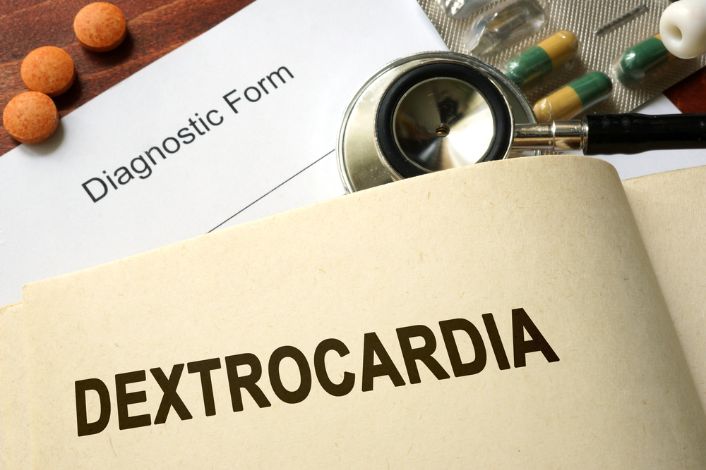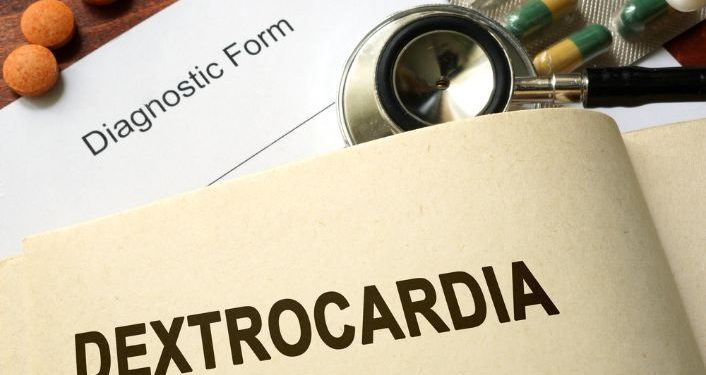Dextrocardia symptoms vary from person to person. They may include skin that is a yellow color (jaundice), eyes that are a yellow color, and other signs or symptoms. Symptoms can be mild or serious. It’s important to tell your doctor about any symptoms you experience so they can help treat them.
How it’s Developed
Dextrocardia is a rare birth defect that occurs when your heart points to the right side of your chest instead of the left side. The condition is caused by changes in a number of genes. It’s estimated that dextrocardia is found in about 1 out of every 12000 pregnancies.
Several types of dextrocardia occur, including mirror-image dextrocardia, which involves your heart and the other organs in your chest and abdomen being mirrored. Other types include heterotaxy, in which your abdominal organs are abnormal and do not work correctly.
Your lungs are also often positioned in a mirror image. This causes a problem with your cilia, which are the fine hairs that filter air in your nose and throat. This type of dextrocardia is sometimes called Kartagener syndrome, because it can occur with primary ciliary dyskinesia, an inherited disease in which the cilia become immobile.
If you have mirror-image dextrocardia, the cilia in your lungs may not be working well enough to get rid of mucus, so your lungs don’t filter out as much of the oxygen and other nutrients you need. The lungs are a major part of your body’s oxygen supply, so the lack of proper filtration can lead to problems like shortness of breath, swelling, and breathing difficulties.

Other types of dextrocardia can involve your other internal organs, such as your intestines or liver. This can cause problems with your digestion and make you feel very sick. The intestines can also get blocked, which can cause you to have severe stomach pains or vomiting.
How it’s treated
Some people with dextrocardia don’t need treatment at all, while others do. If you have a heart defect, your healthcare provider will work with you to decide what treatments are best for you and your family.
You might need to take certain drugs to protect your heart, such as diuretics (water pills) or inotropic agents. These medications can strengthen your heart and make it pump more efficiently. They can also help prevent fluid buildup in the lungs and blood vessels.
Surgery is also an option if you have a heart defect. Depending on your specific case, surgery can help you live a longer and healthier life.
How it’s diagnosed
Dextrocardia is usually diagnosed by a radiologist or cardiologist (an expert in heart health). Your healthcare provider will use ultrasound, X-rays, and other tests to look for abnormalities. They will also ask about your family history and if you have other health conditions.
If you have other health conditions, your healthcare provider will talk with you about treatments for those. Your healthcare provider might recommend getting an echocardiogram to check your heart’s structure and function.









